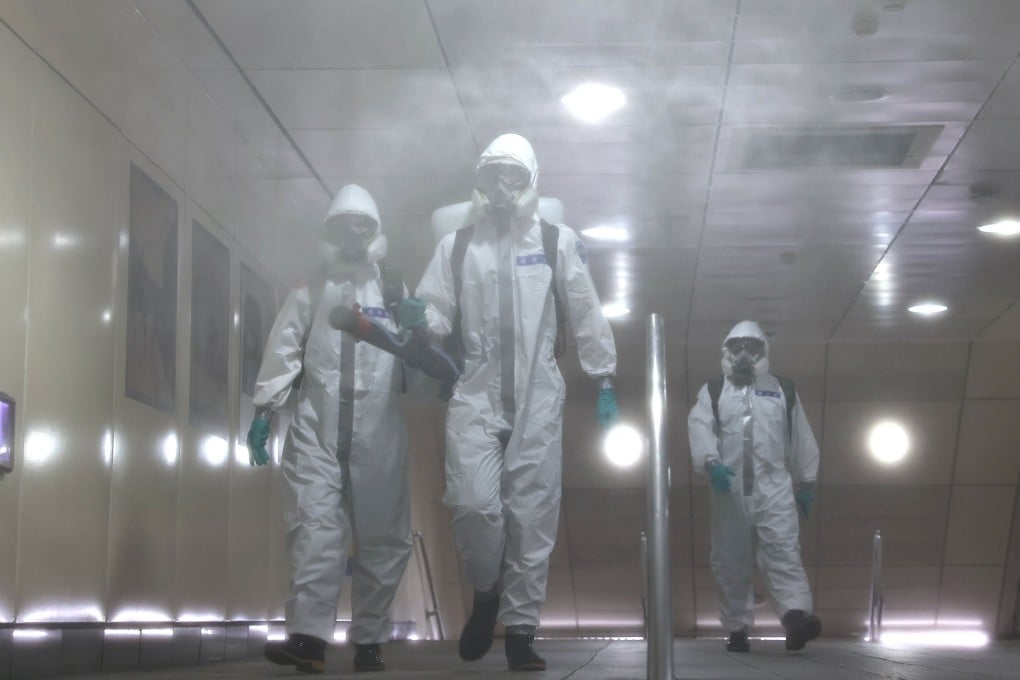Advertisement
Time for Asia to ditch temporary Covid-19 measures and learn to live with the virus
- Asian governments need to accept that infections will occur even after their populations have reached herd immunity
- Lockdowns, closing borders and social distancing restrictions are only temporary and carry high economic costs
Reading Time:3 minutes
Why you can trust SCMP
29

More than a year since the World Health Organization designated the Covid-19 outbreak a pandemic, the global economy is still working through the consequences. While the US and Europe are reopening and their consumers are rightfully happy to gather and enjoy themselves again, the story is very different in Asia.
Advertisement
In the past two months, Hong Kong has done well keeping local infections at bay. However, India has experienced devastating infection numbers and deaths, with its health care system stretched to breaking point. Thailand saw its most severe wave of the outbreak, and Malaysia has imposed another national movement control order until at least early June.
In Japan, high infection numbers are driving strong public opposition to hosting the Olympic Games in late July. Singapore and Taiwan, which have decent track records of containing the infection, have also seen local cases rise. Both have imposed varying degrees of social distancing measures to curb the spread.
What does all this tell us about the likely economic fallout? First, the battle against Covid-19 requires governments to be agile and flexible in their lockdown policies. The past months have provided valuable experience, but a successful track record does not guarantee the same going forward.
One cliché in the dealing room is that a trader is only as good as their last trade, and this is the same for dealing with the pandemic. Taiwan had a very successful 15 months in keeping the virus at bay, yet loopholes in its quarantine process might have led to the current outbreak.
Advertisement

Advertisement
